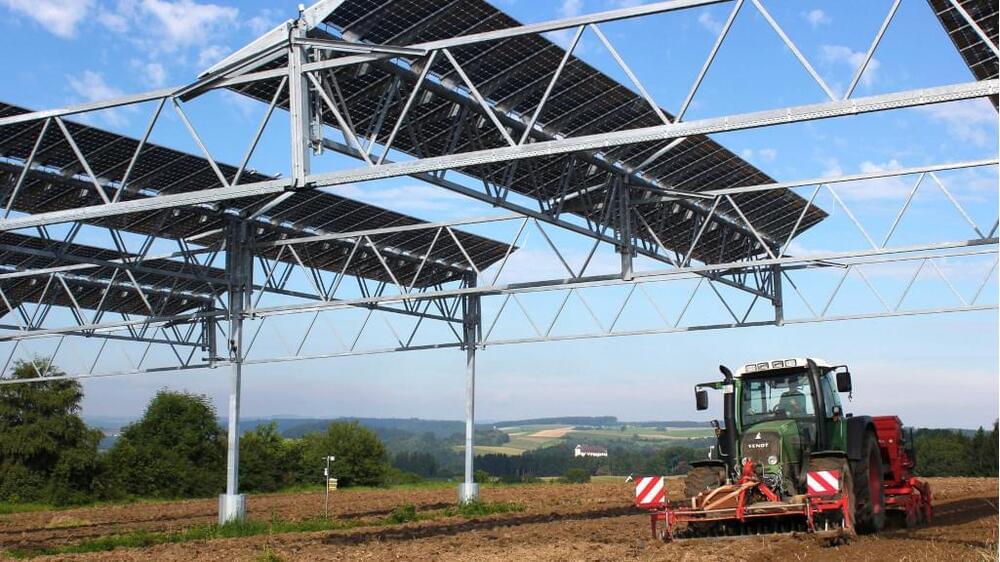Ray Kurzweil predicted Technological Singularity nearly 20 years ago. Elon Musk could enable a world of economic abundance with real world AI. Robotaxi and Teslabot will transform the world more than car and the first industrial revolution.
Tesla sells Model Ys for about $60000, but it currently costs them about $30000–40000 to make them. A Teslabot is 1/30th of the mass of a Model Y. It will use 1/30th of the batteries. The software is an overall cost of development. If billions of bots are produced then the cost would trend toward the cost of the hardware plus Apple iPhone-like margins including the software (say 40% gross margin). At Model Y cost of $30k then the hardware cost for Teslabot will go to $1000. $2000 with margins and software. A bot can work for 8,000 hours in a year. 8,760 hours in a year. $2000 divided by 8,000 hours is $0.25. If you add 10 cents per hour for electricity then it is $0.35 per hour. Going beyond that is bots can work in the factory and work cheaper than humans. Currently 15,000 workers in Tesla China factory. Replace all of them with $0.35 per hour bots. Reduce labor cost component. If a lot of bots can increase production rates. by 2X then all costs spread over more units. Bot-produced solar and batteries can lower the cost of energy by vastly increasing the supply. Those trends could get us to $500‑1000 per bot costs and lower energy costs. Having virtually unlimited labor costing less than 35 cents per hour will be transformational.
The Technological Singularity is a predicted point when technological growth becomes radically faster.
Real World AI would be general artificial human-level intelligence. Capabilities to provide broad levels of human jobs and tasks.
Teslabots able to perform loading and deliveries to massively boost the supply chain.
Teslabots able to perform manufacturing tasks in the factory.
Teslabots able to use machines built for humans.
Teslabots able to work in factories to make factories self replicating.
Teslabots able to perform mining.
These capabilities would make economic growth massively exponential.





